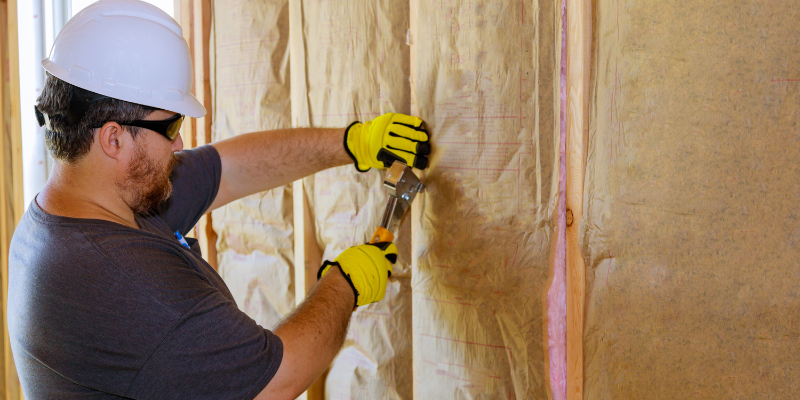
Upgrade the Insulation in Your Home
November 17, 2023
Insulating your house is one of the best things you can do in the long term to save money on utility bills. Whether you’re trying to keep your home warm in the winter, or cool in the scorching summer months, insulation plays a key role in minimizing the amount of energy you need to keep your home comfortable.
The EPA estimates that the average homeowner can save upwards of 15% on their heating and cooling contests per year by keeping their house properly insulated. Those kind of savings add up in a hurry. But where should you insulate your home? And how? Here are a few ideas on how to get started.
- Start with your attic. Check the thickness of the insulation you already have. If it’s less than 10 to 13 inches (the average amount of insulation needed to achieve an R-30 rating), you could likely benefit from increasing it. If your attic is located in an air conditioned part of your home, also insulate and seal around the access points, or else your cool air will leak through the cracks.
- Check your exterior walls. If you’ve properly insulated your attic and your house still struggles to keep a comfortable temperature, it’s time to look at your exterior walls. While this is an expensive step and generally requires a contractor, it’s worth considering, especially if you reach a point where you need to replace the exterior siding on your home.
- Insulate the floors above your garage. Most garages aren’t insulated, so it’s easy for unconditioned air to sneak through them and into your home. Sealing the floor above them not only prevents this from happening, it also makes sure common contaminants (car exhaust, stored paints, solvents, gardening supplies) stay out of your home.
- Don’t forget your basement. Depending on the layout of your home, insulating your basement might pay off more than treating your attic. Basements are more commonly connected to living spaces with larger points of entry, and many homes finish them to make more living space. Adding some interior insulation can also be useful for lessening the threat of possible insect infestations that can happen in sub-ground areas.
Upgrading your home’s insulation is a great way to both save money and be more energy efficient. Both your wallet and the environment can see benefits from it. To learn more about these recommendations, visit the US Department of Energy’s site on insulation.